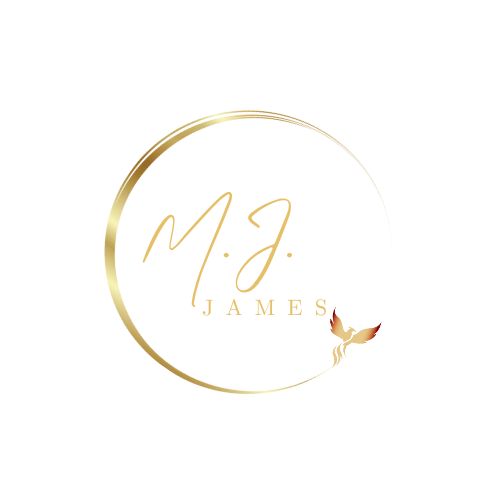“Should,” a Burnout Contributor.
How often do you say, “I should” to yourself in a day? A week? A month? Did you know that the words you say create the mindset you operate with?
At a retreat that I attended last year one of the most common sentences I heard was, “I should…” I wish I could say that I was among the awakened few who knew how counterproductive this phrase was.
It became a joke through that retreat, “stop should-ing all over yourself” or “I know, I’m should-ing all over myself now but…” We laughed it off as we went, knowing at the core that it was a phrase and thought process that we should take out of our vocabulary.
In an article titled, “How ‘Should’ Statements Contribute to Panic and Anxiety,” Katharina Star, PhD states, “Should statements are a common negative thinking pattern, or cognitive distortion, that can contribute to fear and worry.” She goes on to say that should statements “put unreasonable demands and pressures on ourselves, which can make us feel guilty, or like we’ve failed.”
Such a small word, right? Such a tiny little thing that we all say quite often. Who knew that a small, 6-letter word could have such a powerful impact? It makes sense though, doesn’t it?
The article linked above goes into great detail and explanation as to why ‘should’ statements are phrases of a negative thinker. Raise your hand if you didn’t know that. Raise your hand if you are guilty of using “should” statements.
Now that you recognize this, let’s work to grow forward.
Intentional living is simply, living with intention. Not just some of the time, but every day. It’s taking responsibility for the life you have, the life you want and purposefully walking towards those things.
The word “should” is not part of intentional living. The word “should” contributes in a big way to burnout.
I should inspire my employees more, and I do inspire my employees every day are two different things.
I should spend time with my family more, and I do spend time with my family more are two different things.
Two different intentions, two different outcomes.
One leaves room for options, and the other sets a clear forward direction that aligns with your values.
Every single day our clock is reset. We have an entire day to set clear intentions.
The difference between those who intentionally live their life and those who get pulled through mindlessly in a constant state of hurry can often be a tiny little “should.”
Getting clear on our values, and protecting those with boundaries and intentions allows us to easily pull “should” right out of our vocabulary.
Should used to be a word I used often. Especially in business. It made me feel like I was never doing the right thing, like I was always on the wrong path, always behind. I saw the things others were doing in their life and business and I assumed I had to do all of those same things in the same way in order to achieve success in what I was building both at home and in my business.
Working on my mindset with the simple deletion of the word “should” has cleared a lot of space and helped me get out of my own way.
It’s not, and never was about comparing yourself to someone else who has X,Y,Z in place.
It’s about intentionally choosing how you spend your time/ where to spend your time. It’s about finding clear action steps that are reasonable and bespoke to your position and place in life and acting on those few things.
After all, we know that it’s the small daily habits that breed a huge impact.
The more often we focus on the valuable few with intention, the less we feel we “should” be spinning our wheels to match someone else’s goals.



